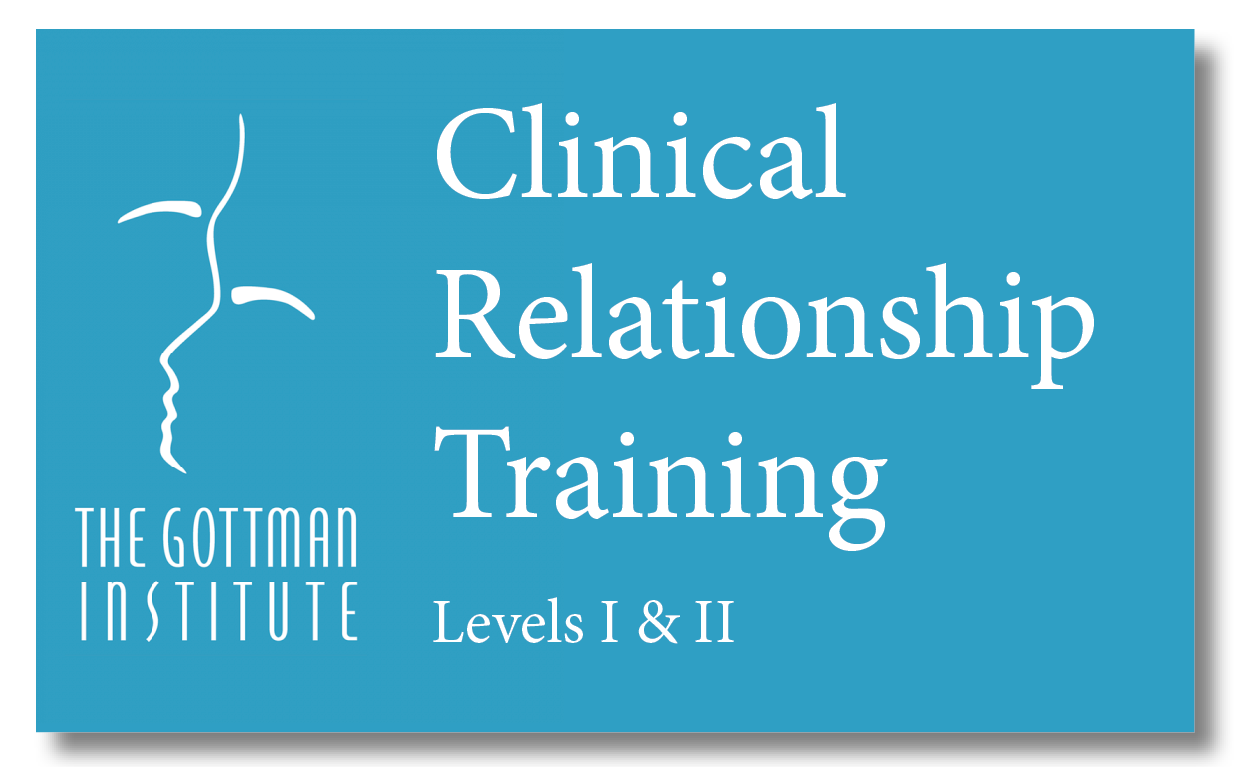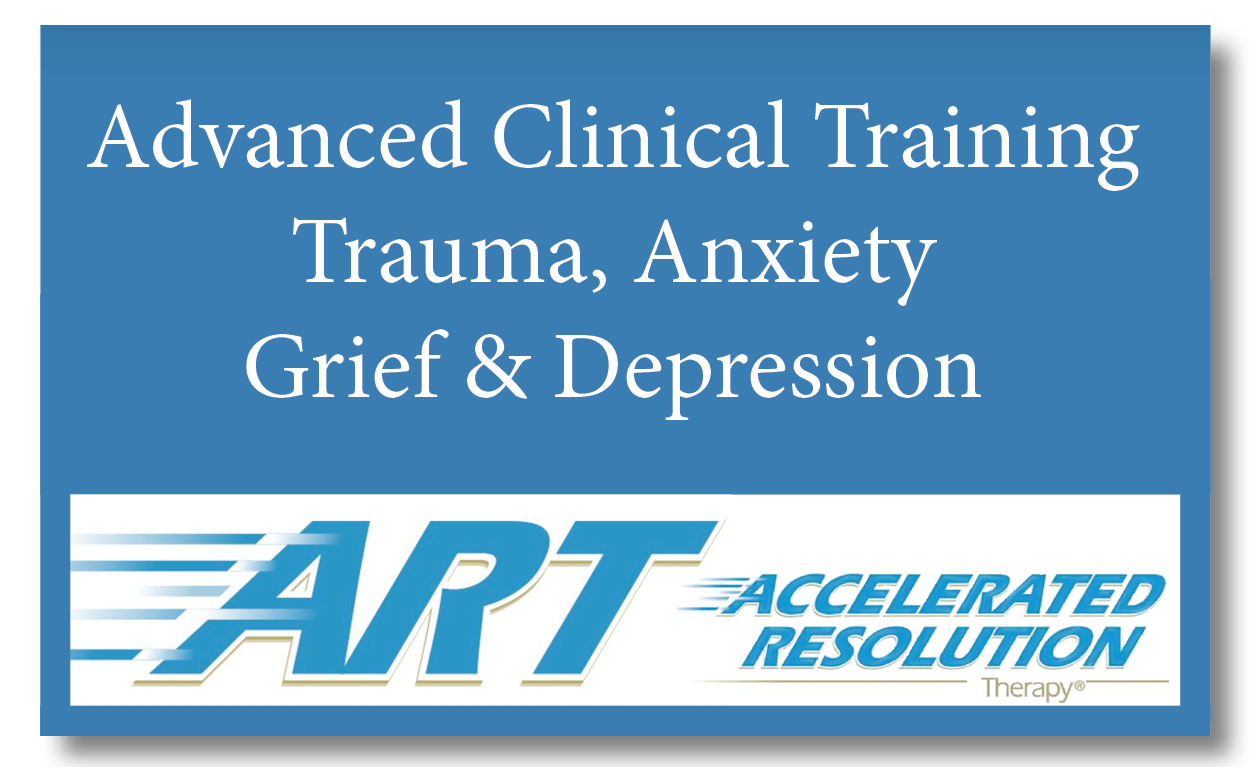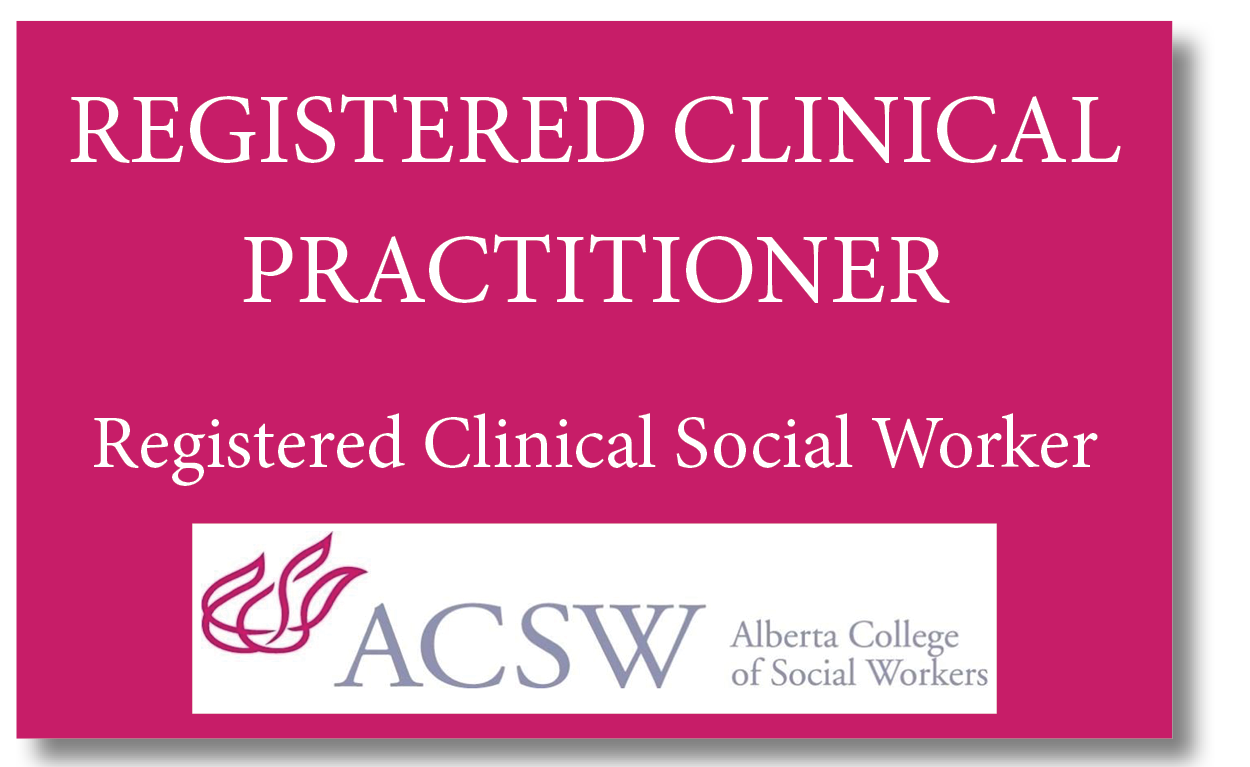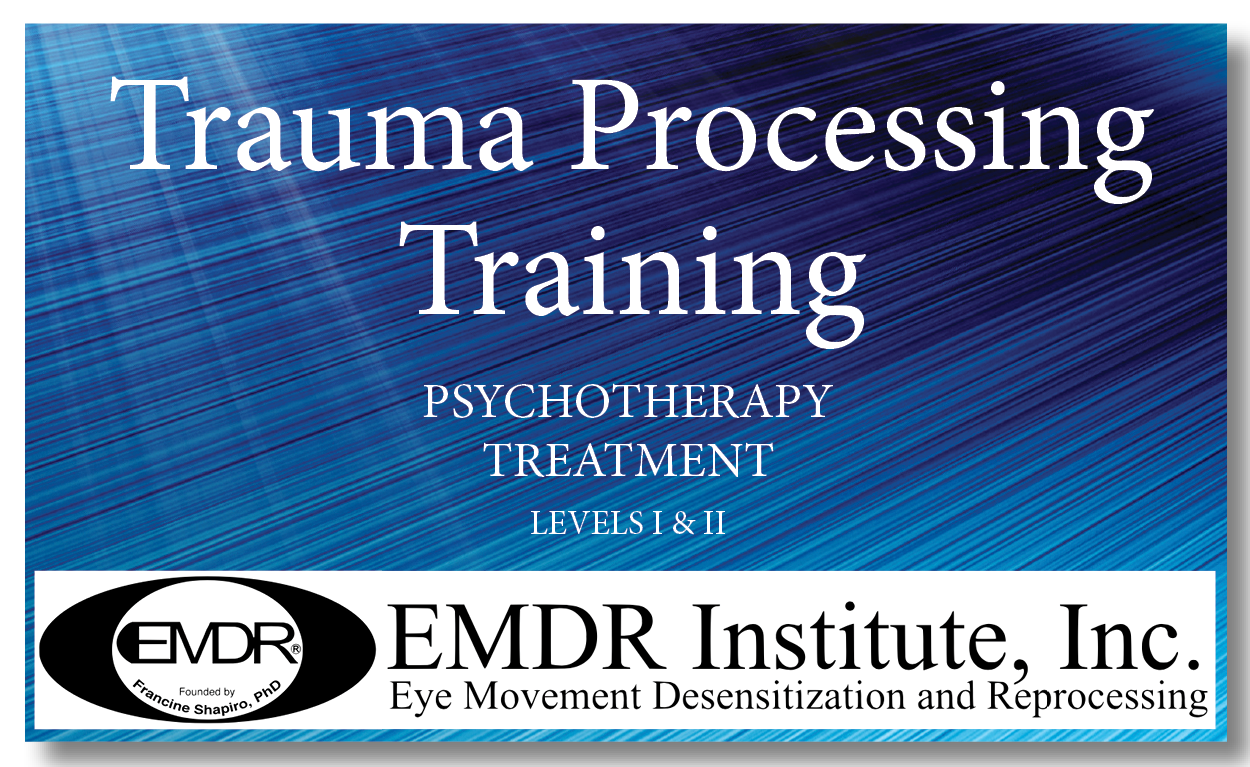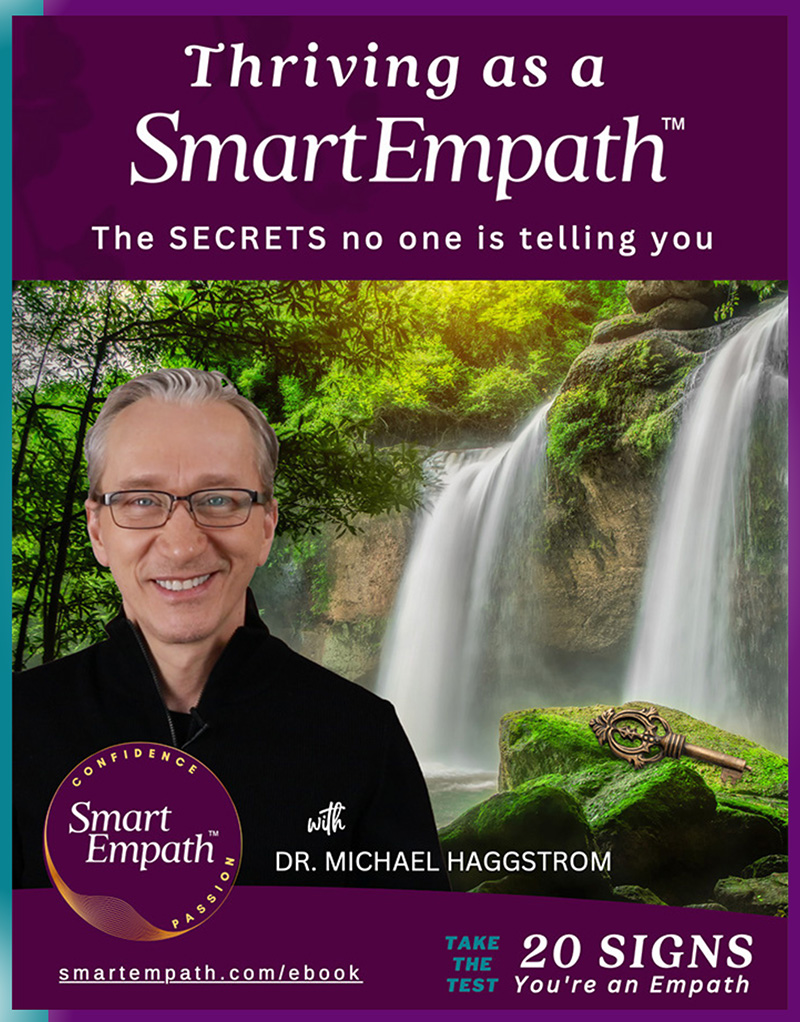Navigating the Ups and Downs of Love-Hate Bonds
Ever been in a complicated love-hate relationship? You know, with a work colleague, parent, child, sibling, or friend.
You see, some relationships are like a rollercoaster, taking you on thrilling highs and challenging lows that can leave you in a whirlwind of bewilderment. It’s akin to solving a puzzle, where the pieces don’t always neatly fit together and you just want to throw your hands up and walk away.
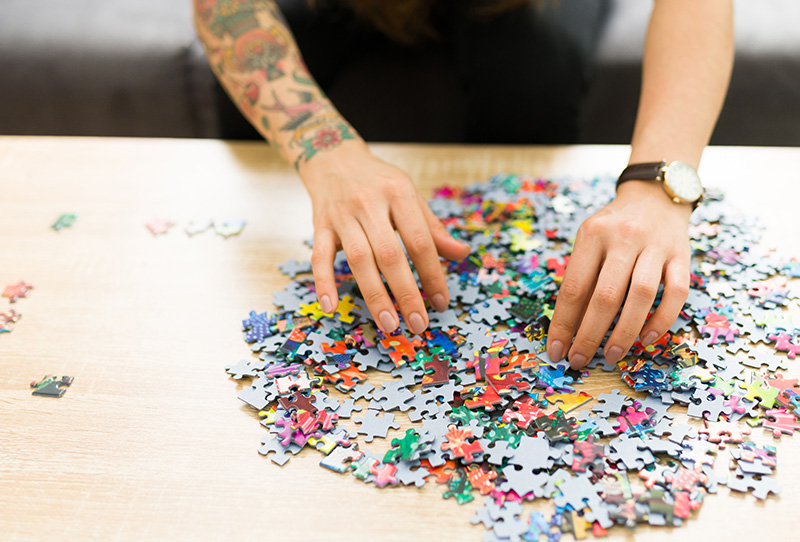
Reassess and Reflect
it’s crucial to give those love-hate relationships a reality check every now and then. So, let’s get introspective and ask some hard stuff.
Now, ask yourself these three things:
- 1
What’s the good stuff I see in this relationship? Can we be doing more of this?
- 2
What do I want, and what’s up with their wants?
- 3
Are we actually on the same wavelength, or is it time to get real about solving what’s not working in the relationship?
Reaching Out
This is important to know: Sometimes our frustration is all about expectations left unspoken or unattained.
Let’s start with the basics: reach out to them and express what’s on your mind. Then, give them the space to share their perspective with you. It might take a few conversations to align your wavelengths and find common ground to dial down the negativity. Finally, take a moment to assess whether this love-hate relationship aligns with your aspirations and expectations.
If you’re finding yourself teetering more on the side of frustration, you just might need to establish some clear boundaries to mitigate negativity. But remember this: if the relationship holds importance, your best efforts (and theirs) are necessary to mend its fabric. And be careful, some people use boundaries like a secret weapon to make another person pay. Healthy boundaries are not a revenge tactic just to get back at someone.
“If darkness is overshadowing the good in a relationship, engage in an open conversation. Try to find that sweet middle spot in your conversations without resorting to personal attacks.”
– Dr. Michael Haggstrom
Maintaining Perspective
Some of our relationships won’t be as meaningful as others. Ask yourself how much you’re willing to invest in this love-hate relationship compared to the other people in your life.
And don’t give up just because the relationship is going through a tough patch. Try and foster greater understanding with them, if at all possible. Try to give them good will. You see, sometimes resentment builds up in people that they might not even be aware of, then they project it all out at you in unhealthy ways.
You see, not everyone is as introspective as you are and not everyone is as open to change. You might need to set up some boundaries for now, but be patient because in time they may just mature out of their negative attitudes.

Case Study: Anna’s Broken Bond with Kevin
Anna’s brother Kevin had started to drift away, becoming a distant figure in their family’s gatherings. He’d skip family dinners, or if he showed up, he’d stroll in late without the slightest apology. It was as if he was taking their family for granted, especially their parents.
Anna witnessed a growing chasm between them. The situation was further complicated by Kevin’s new girlfriend, whose treatment of him didn’t sit well with Anna. While Anna was convinced that Kevin’s girlfriend might be a narcissist, she hesitated to broach the topic with her brother.
Persistent Outreach
Anna persisted in reaching out, even when met with cold indifference. There were moments when Kevin’s responses were cruel. He once sharply told her to “F**k off. I wish you were dead.”
In the face of such reactions, Anna found herself grappling with the belief that her own brother harboured genuine resentment towards her, though she couldn’t fathom why.
The Moment of Revelation
Then, a significant turning point arrived when Kevin agreed to meet Anna for coffee. Nervous and jittery, he nearly spilled his coffee as he opened up about the real struggles he was grappling with.
The truth unveiled a complicated web of challenges that Anna had been oblivious to. Kevin had fallen into a deep abyss of gambling debt and was grappling with a severe drinking problem. On top of that, he confessed to being trapped in an abusive relationship, feeling helpless and lost.
Bound by Commitment
This revelation laid bare Kevin’s vulnerability and Anna’s commitment. Despite the rocky terrain, Anna hadn’t abandoned him, becoming one of the few who stuck around. With newfound determination, Kevin embarked on a journey to recovery. He checked into rehab, severed ties with his toxic girlfriend, and started the process of healing the relationships with his family.
Rediscovering Connection
Not long after, Anna and Kevin decided to embark on a camping trip together, just the two of them. Their bond gradually deepened in ways they had never expected.
Lessons Learned
Anna’s experience taught her a vital lesson: Some people are work staying around for and Kevin was definitely one of them.
When It’s Time to Set Boundaries
Not every love-hate relationship will resolve itself like with Anna and Kevin. Some more toxic relationships may require for us to pull out all the stops and get serious about setting up firm boundaries. And this might include getting professional mediation to help figure things out.

Heading for the Exit
In closing, it’s true that we can all have those relationships, where no matter how hard we try, they just can’t be mended. This is especially true when someone is repeatedly toxic, like if you’re caught up with a narcissist or sociopath. In those cases, making a clean break may be the only way to jumpstart your peace and happiness.
A good rule to live by: When things become abusive, it’s okay to run. Always remember that you’re worthy of better.
But what I tell all my clients is that before hitting the stop button in any relationship, first exhaust all possibilities for growth and understanding. Ending a relationship is like pulling the fire alarm – you only do it when all else fails.
– Sincerely, Dr. Michael Haggstrom, Relationship and Trauma Expert
Share This Story ➡️
Share your thoughts:
